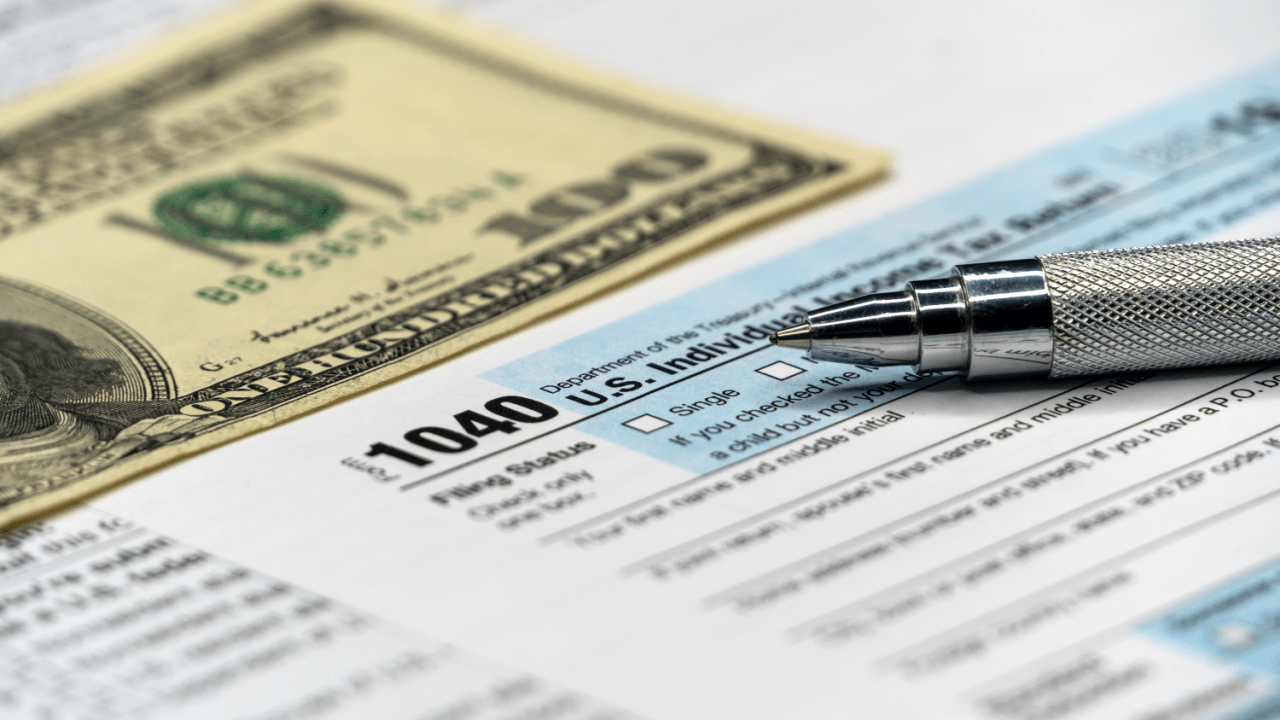
Is It Better to Settle a Debt or Go to Court?
When facing overwhelming debt, many people wonder is it better to settle a debt or go to court. The answer depends on your financial situation, the amount owed, and your long-term goals. Settling debt outside court may save time and avoid court proceedings, though outcomes vary based on individual circumstances.
Debt settlement typically costs less than court proceedings and provides more control over the final agreement. However, court may be necessary when creditors refuse reasonable settlement offers or when you need legal protection from harassment.
Understanding Options: Debt Settlement vs Court Proceedings
Debt settlement involves negotiating directly with creditors to accept a reduced payment amount. Settlement agreements are legally binding once signed and provide immediate debt relief.
Court proceedings, however, involve formal legal action where a judge makes the final decision. This process can take months or years and often results in paying the full debt amount plus legal fees, court costs, and interest charges.
The Federal Trade Commission consumer.ftc.gov/ provides comprehensive guidance on debt management options, including both settlement and legal alternatives. Their resources help consumers understand their rights and avoid predatory debt relief scams.
The key difference lies in control and cost. Settlement gives you negotiating power, while court removes control from both parties and places it with the judge.
Cost Analysis: Settlement vs Legal Fees
Financial impact plays a crucial role when deciding is it better to settle a debt or go to court. Settlement typically costs significantly less than court proceedings.
Settlement Costs:
- Negotiation fees (if using a service): 15-25% of enrolled debt
- One-time payment or short-term payment plan
Court Costs:
- Attorney fees: $150-500 per hour
- Court filing fees: $50-400
- Full debt amount plus interest
- Potential wage garnishment: up to 25% of disposable income
Time Factors: Speed of Resolution
Settlement negotiations typically conclude within 2-6 months, providing quick debt relief. Court cases can drag on for 6 months to several years, depending on court schedules and case complexity.
During court proceedings, debt continues accruing interest and late fees. Settlement freezes additional charges once agreements are reached.
Quick resolution through settlement also reduces stress and allows you to rebuild your financial life sooner.
Strategic Decision: When Each Option Makes Sense
Choose debt settlement when:
- You cannot pay the full amount owed
- Creditors are willing to negotiate
- You want to avoid public court records
- You need quick resolution
- The debt amount is substantial enough to justify settlement fees
Consider court when:
- Creditors refuse reasonable settlement offers
- You’re facing harassment or illegal collection practices
- You need legal protection through bankruptcy
- The debt amount is disputed or fraudulent
- You have a strong legal defense
The Consumer Financial Protection Bureau consumerfinance.gov/ offers detailed information about your rights when dealing with debt collectors and legal procedures. They also provide complaint filing services for unfair collection practices.
Next Steps: Is It Better to Settle a Debt or Go to Court for Your Situation
Don’t wait until creditors file lawsuits—contact our debt resolution professional today to discuss your situation and available options.
Frequently Asked Questions
1. How long does debt settlement take compared to court?
Debt settlement typically takes 2-6 months, while court proceedings can take 6 months to several years depending on case complexity and court schedules.
2. Will settling debt hurt my credit score?
Yes, debt settlement appears on credit reports for seven years, but the impact lessens over time and is generally less damaging than court judgments or bankruptcy.
3. Can I negotiate debt settlement myself?
Yes, you can negotiate directly with creditors, though professional negotiators often achieve better results due to their experience and established relationships with creditors.
4. What happens if I ignore court summons for debt?
Ignoring court summons results in automatic default judgment against you, leading to wage garnishment, bank account levies, and property liens without your input. The U.S. Courts website uscourts.gov/ provides information about representing yourself in court and understanding legal procedures if you cannot afford an attorney.
5. Do all creditors accept settlement offers?
Most creditors prefer settlement over costly court proceedings, but acceptance depends on your financial hardship documentation and the reasonableness of your offer.
Key Takeaways
- Debt settlement typically costs 40-60% of original debt versus full amount plus legal fees in court
- Settlement resolves within 2-6 months while court cases can take years to conclude
- You maintain more control and negotiating power through settlement versus court proceedings
- Court may be necessary when creditors refuse reasonable offers or you need legal protection
- Getting professional help early maximizes your chances of favorable settlement terms
Free Tax Case Review
If you are struggling with tax debt or have received a letter from the IRS complete the form below.Advertising. This site is a marketing service and does not provide legal or tax advice. Submitting information does not create an attorney-client, tax professional-client, or any other advisory relationship. Results are not guaranteed. A list of participating attorneys, tax firms, and tax providers is available here.
IRS Audit
You received an audit notice from the IRS
Tax Debt Relief
You owe the IRS money and are looking for relief options
Wage Garnishment
The IRS is taking part of your wages to pay off your debt
Tax Lien
The IRS put a legal claim on your property
IRS Property Seizure
The IRS is going to take your property to pay down or pay off your tax debt
Penalty Abatement
You want to request to remove or reduce penalties assessed by IRS
Innocent Spouse Relief
Relief from joint tax debt caused by your spouse or former spouse
Tax Debt FAQ
Common facts, questions and answers about tax debt and tax debt reilef
Tax Debt Lawyer
A tax debt lawyer can help you with your tax debt problems
Recent Posts
- How to Get Innocent Spouse Relief | Navigate IRS Forms and Appeals
- Who Is Eligible for Innocent Spouse Relief and How Does It Work?
- What is an Effective Tax Strategy for Married Couples
- What are the Proofs of Innocent Spouse Relief?
- What Form Do You Use for an Innocent Spouse? | Complete IRS Filing Guide



